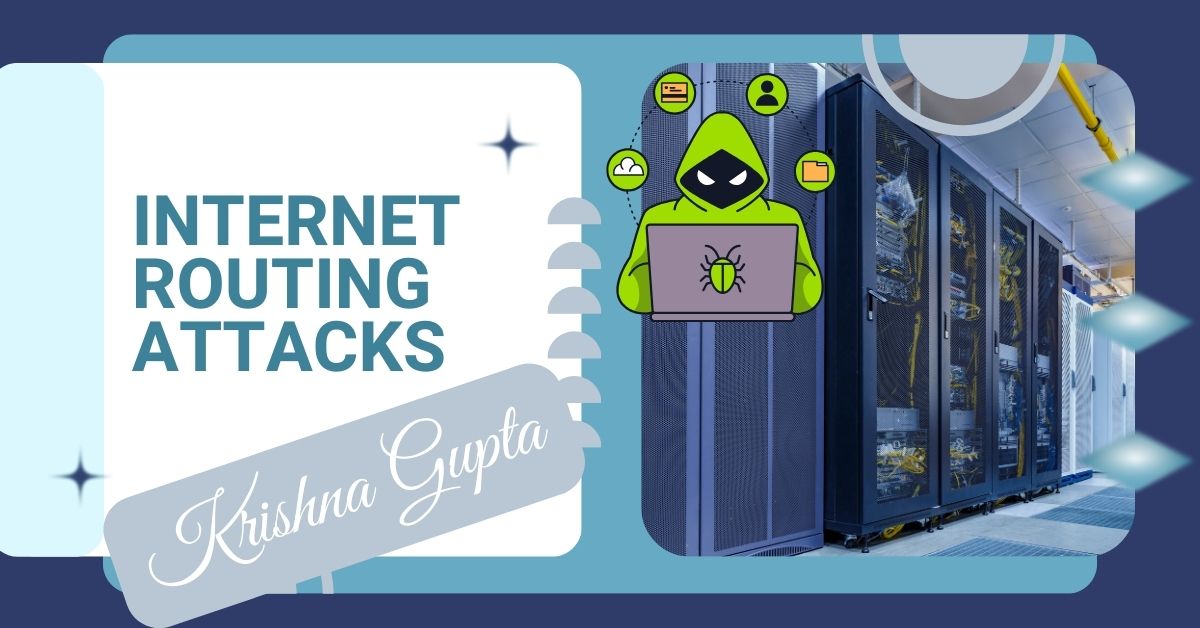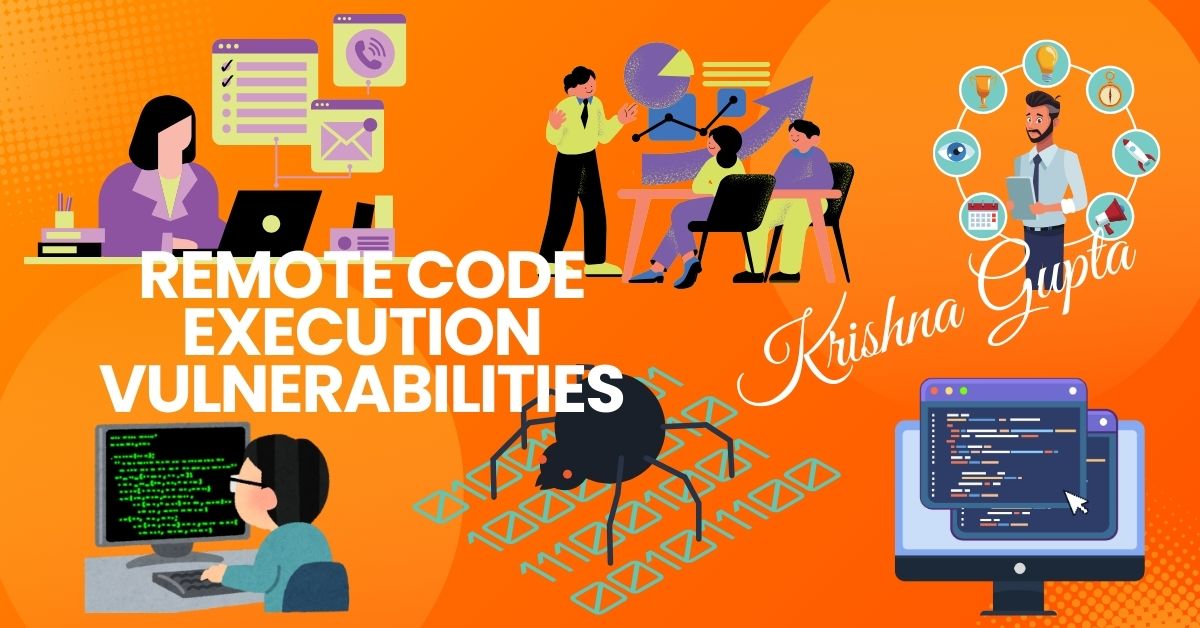Internet Routing Attacks: Understanding the Risks and Defending Network Integrity
Internet routing attacks occur when attackers manipulate routing protocols, particularly BGP, to hijack or redirect traffic. Given that BGP is a decentralised protocol, it is vulnerable to trust-based manipulations where network operators accept routing announcements from each other. Routing attacks fall into several categories, including IP prefix hijacking, route leaking, and BGP miscreants-in-the-middle attacks. These attacks can lead to severe consequences, from data theft to the disruption of critical services.
### Key Types of Routing Attacks:
– **IP Prefix Hijacking**: An attacker announces IP prefixes belonging to another network, causing traffic to reroute to the attacker’s network.
– **Route Leaking**: Misconfigurations or malicious intent cause traffic to route through unintended paths, often exposing it to interception.
– **BGP Miscreants-in-the-Middle Attacks**: By positioning themselves within the routing path, attackers can intercept or alter data without the sender’s or recipient’s knowledge.


